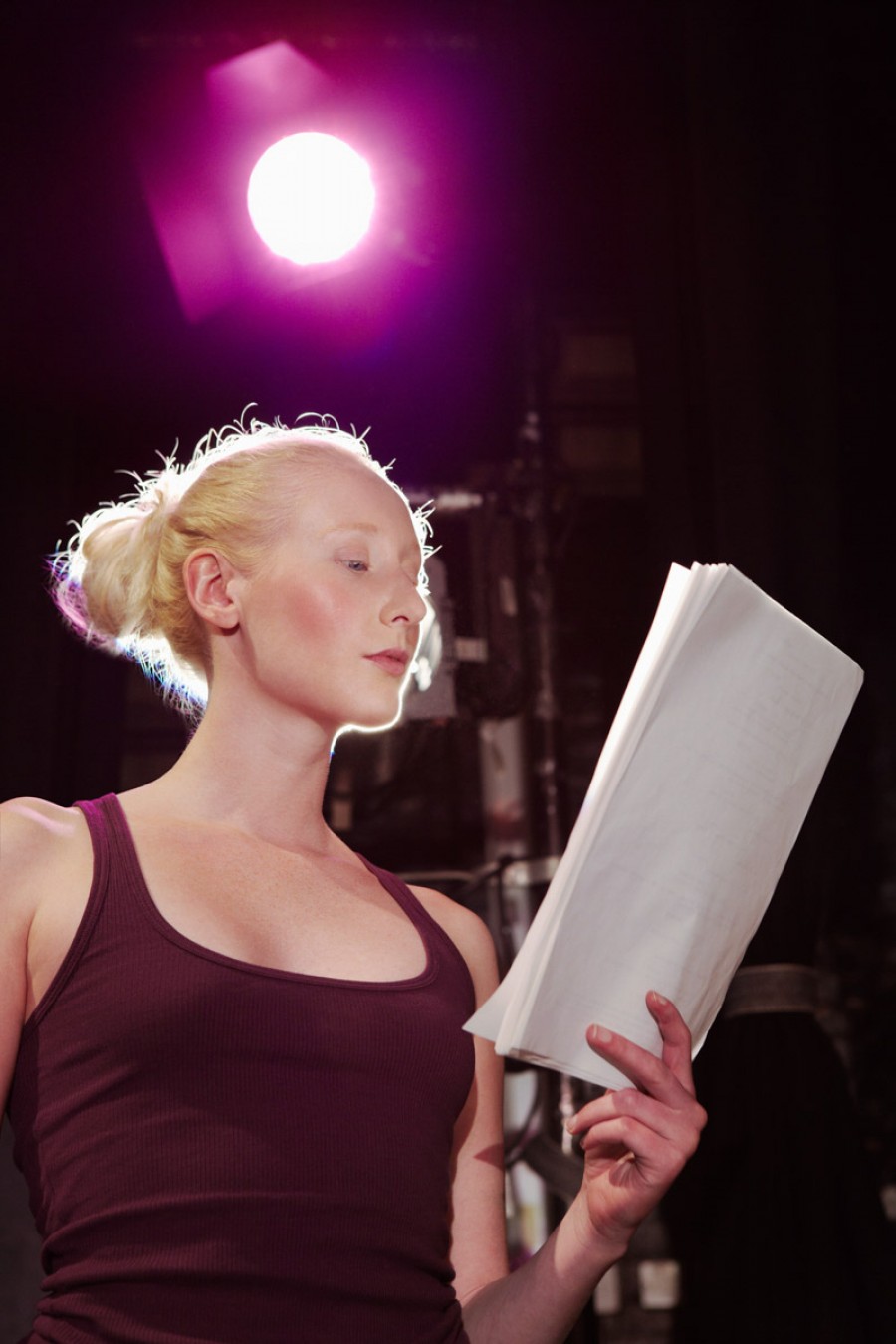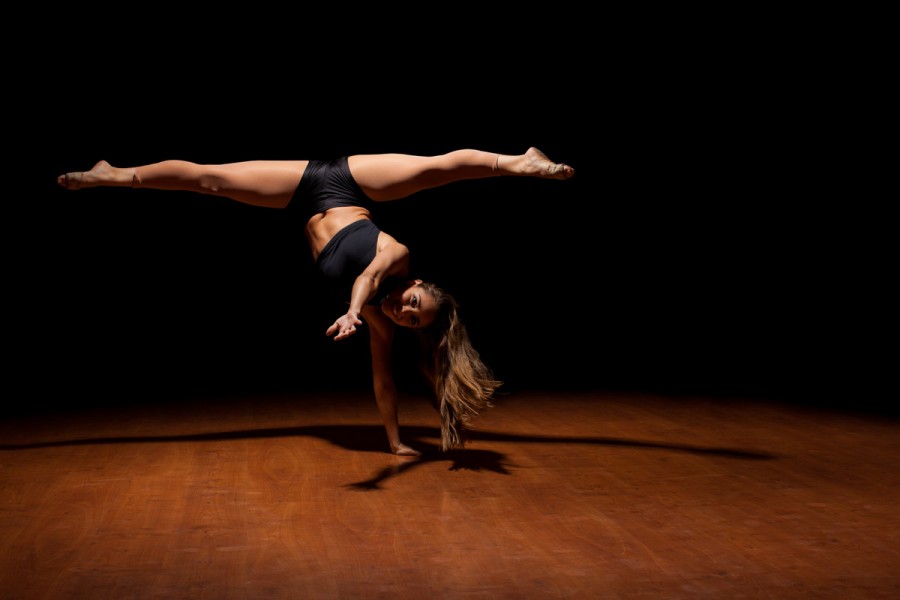Arts – classroom activities
Ideas on how to relate arts teaching to future careers and life beyond school.
What's on this page?
In the arts, learners explore and communicate ideas as they connect thinking, imagination, senses, and feelings to create works and respond to the works of others.
Those with a talent and aptitude for the arts should understand how they can develop those skills into a career. All learners should understand how the arts can continue to be a meaningful part of their lives, even if they do not go on to work in a professional capacity as an artist.
By building career-related activities into your curriculum area you are helping your learners to develop the understandings, skills and attributes that they need to make positive career decisions throughout their lives.
Activities for Year 7 upwards
- Display the Where to? posters for your subject area. You can download these below.
- If your classroom is often used for teaching an arts subject, create a display area about careers and training in the arts.
- During school production or exhibitions time, ask learners to reflect on individual interests and skills, and share observations about career opportunities in the arts.
- Start a physical or electronic file of stories of people working in the arts. They could be from local newspapers or magazines. Get other teachers in your department and learners to look out for stories to add to the file.
- Work with the arts co-ordinator in your school to arrange exhibitions and performances that learners can take part in. This should help learners build confidence and organisational skills.
- Use services such as Community Artists for Education (CAFE) to introduce learners to performing and visual artists.
- Use the NZ Film Archive's On Disk service to access artist documentary and feature film DVDs.
- Allow learners time to write in their learning and career plans about the skills they are learning in their subject.
- Plan a class visit to the school library. Ask the librarian to give a tour of the area in which artist biographies and artist magazines are found.
- Explore with learners the interactive tools on the careers.govt.nz website, including Where to?, Subject Matcher, Skill Matcher and Jobs by Interest.
- Find more information about arts-related industries on the careers.govt.nz website.
- As an introduction to a drama unit, explore jobs and industries as portrayed through film.
Activities for Year 11 upwards
- Encourage learners to apply for mentoring programmes offered by people in the creative industries.
- Create opportunities for learners to use business and entrepreneurial skills related to the arts by encouraging promotion of artistic events, such as art exhibitions or theatre sports competitions, in your classroom.
- Ask learners to use a careers theme when writing a dramatic piece for radio, television, or stage, choreographing a dance, writing a musical score, or creating a visual art work.
- Allow your learners to create online profiles and network with artist communities through websites such as The Big Idea and Pacific Starmap.
- Invite someone who works in an arts jobs to speak or perform at prize-giving or school assemblies, and/or to present the awards for achievements in the arts. Ask them to talk about how their school learning helped them progress into their chosen field.
- Start a physical or electronic file of stories of people working in the arts. They could be from local newspapers or magazines. Get other teachers in your department and learners to look out for stories to add to the file.
- Provide time during the year for learners to reflect on the skills they have learned in technology by using personal journals, diaries, or creative workbooks.
- Talk about your own tertiary study experiences with learners to help familiarise them with tertiary pathways and what tertiary study is like.
- Allow learners time to visit tertiary liaison officers so they can ask questions about preferred arts courses.
- Make available in your classroom tertiary prospectuses, or show learners where similar resources can be found.
- Use this website to find out more about tertiary study in the arts.
Out of school activities
- Visit a tertiary provider to meet tutors and learners in arts-related courses.
- Combine trips to see performances or exhibitions with research on career opportunities and pathways.
- Encourage out of school involvement in the arts to meet mentors and experienced arts practitioners.
Planning questions
- What occupations relate to my subject? Do I know anyone involved in these occupations who I could invite to visit learners as part of my teaching programme?
- Where are the gaps in my knowledge of careers that I could work on?
- Does the school library subscribe to any publications that profile people in the arts industries? What are these publications?
- What research topics could my learners cover that would help them explore arts-related careers?
- What unit standards could I cover using careers-related material?
- How can I make sure that I am being inclusive of Māori and Pacific worldviews?
Teacher reflection questions
- Do I know what my learners' career aspirations are?
- Do I have an up-to-date understanding of the importance and use of the skills I teach in this subject in the workplace? If not, how could I brush up on that knowledge?
- What combination of subjects are my learners taking? What is their rationale for this? How can I better help my Year 10 learners' subject choice time?
- Have I spoken to my learners about how I incorporate my own arts practice into my life and career?
- Have I spoken to my learners about what tertiary study was like for me?
- How are arts careers viewed by my learners' parents and cultures? How could I help parents to improve their understanding of the relevance of arts subjects?
- Have I spoken to parents about any arts projects I have seen their young person excel in?
Linking career education to the arts curriculum
Here are some of the objectives from the arts curriculum that can be related to career education.
Level 3
Visual arts – developing ideas
- Develop and revisit visual ideas, in response to a variety of motivations, observation, and imagination, supported by the study of artist’s works.
Level 4
Music – understanding music
- Explore ideas about how music serves a variety of purposes and functions in their lives and communities.
Dance – communicating and interpreting
Level 6
- Prepare, rehearse and perform a range of dances and demonstrate an understanding of the performance requirements of the genres and contexts.
Drama – understanding drama in context
- Investigate the forms and purposes of drama in different historical or contemporary contexts, including New Zealand drama.
Careers New Zealand website links
- Courses and training information - search for arts courses
- Download the resources order form from our tools and activities page
Find out more about these arts-related industries:
External website links
Updated 15 Jul 2024


